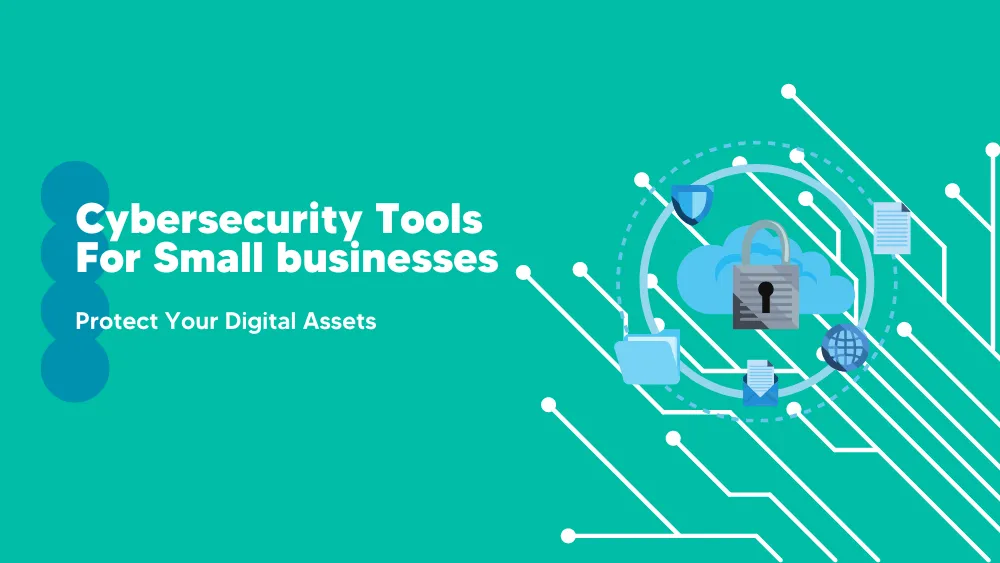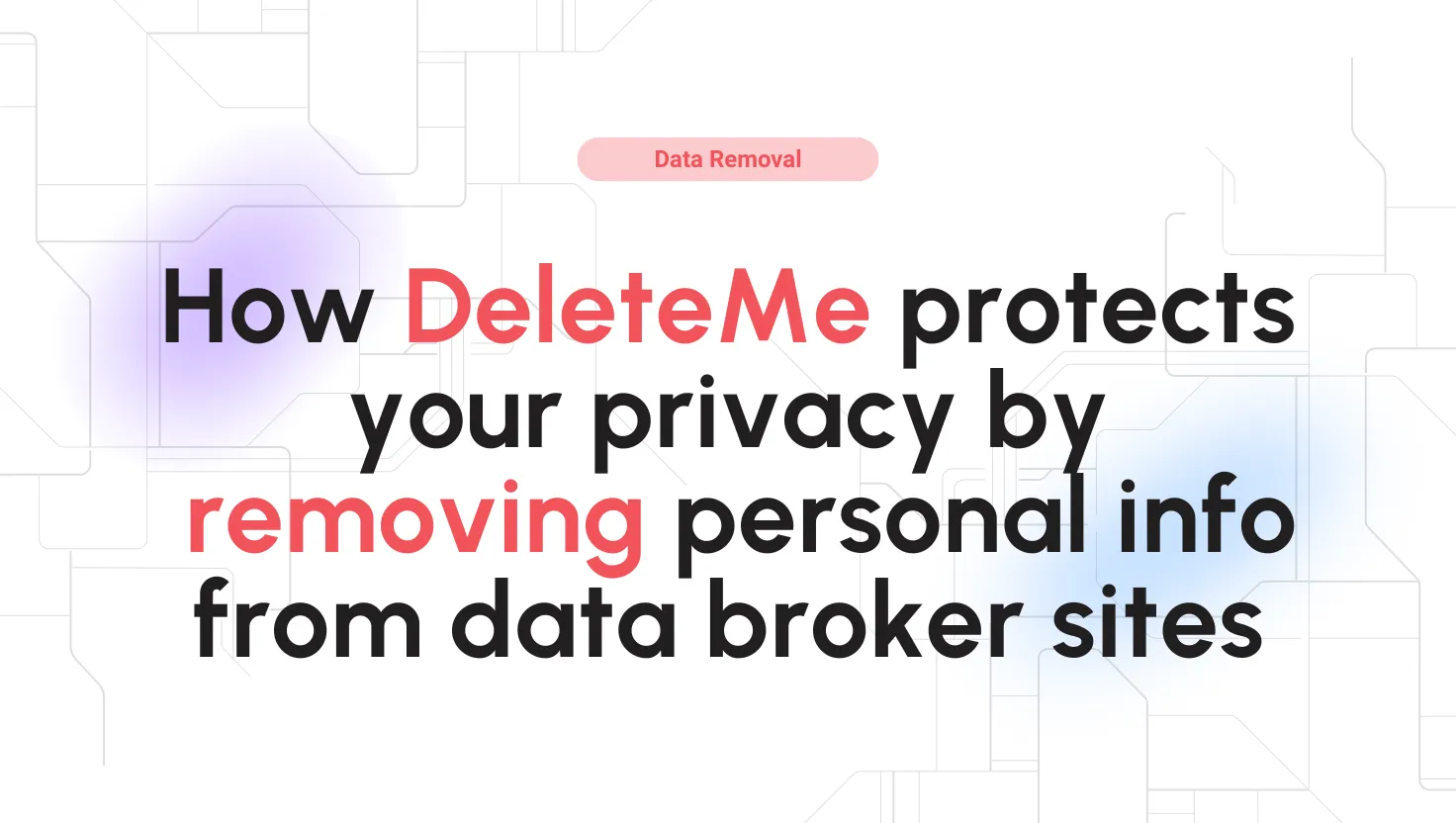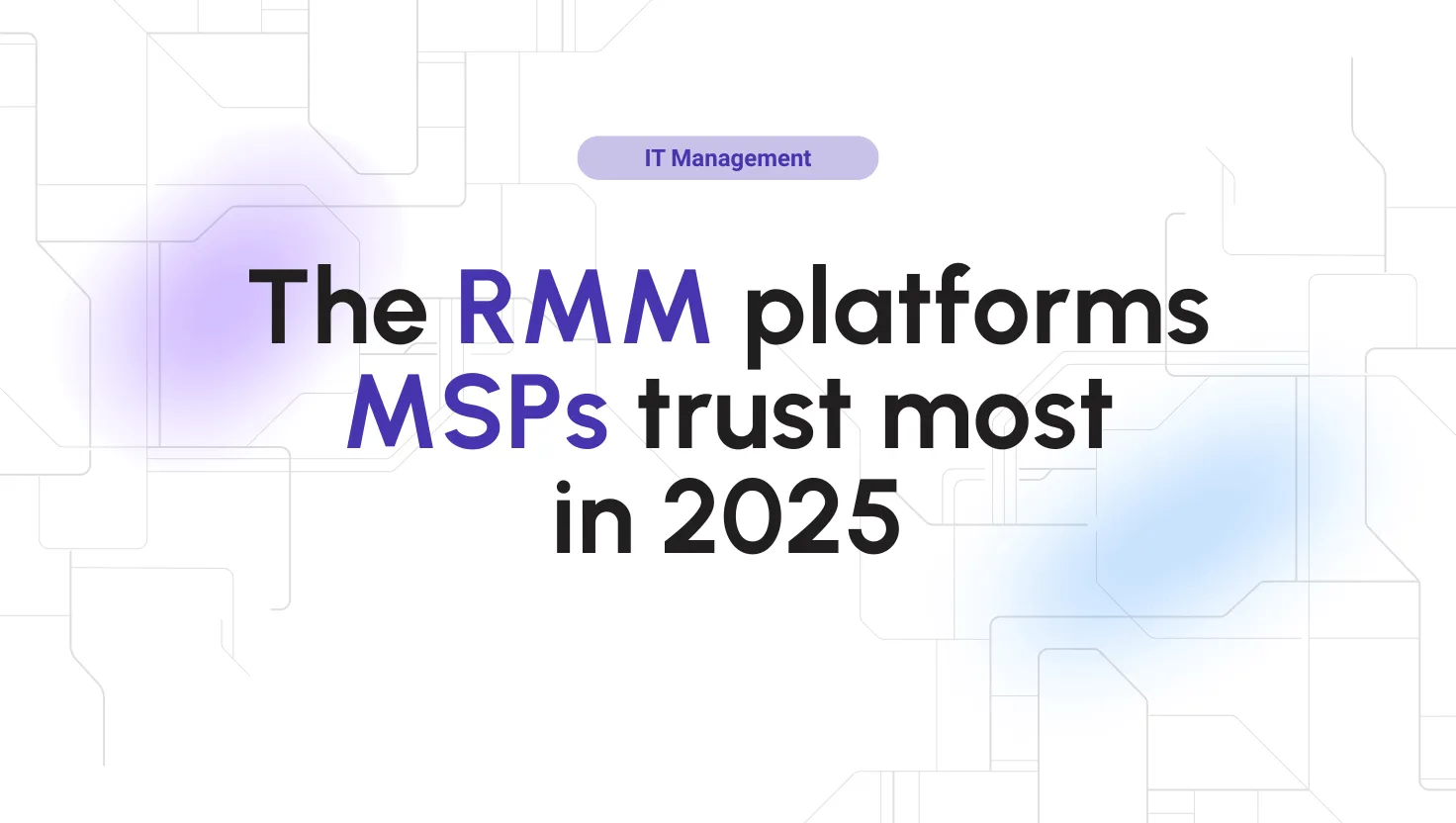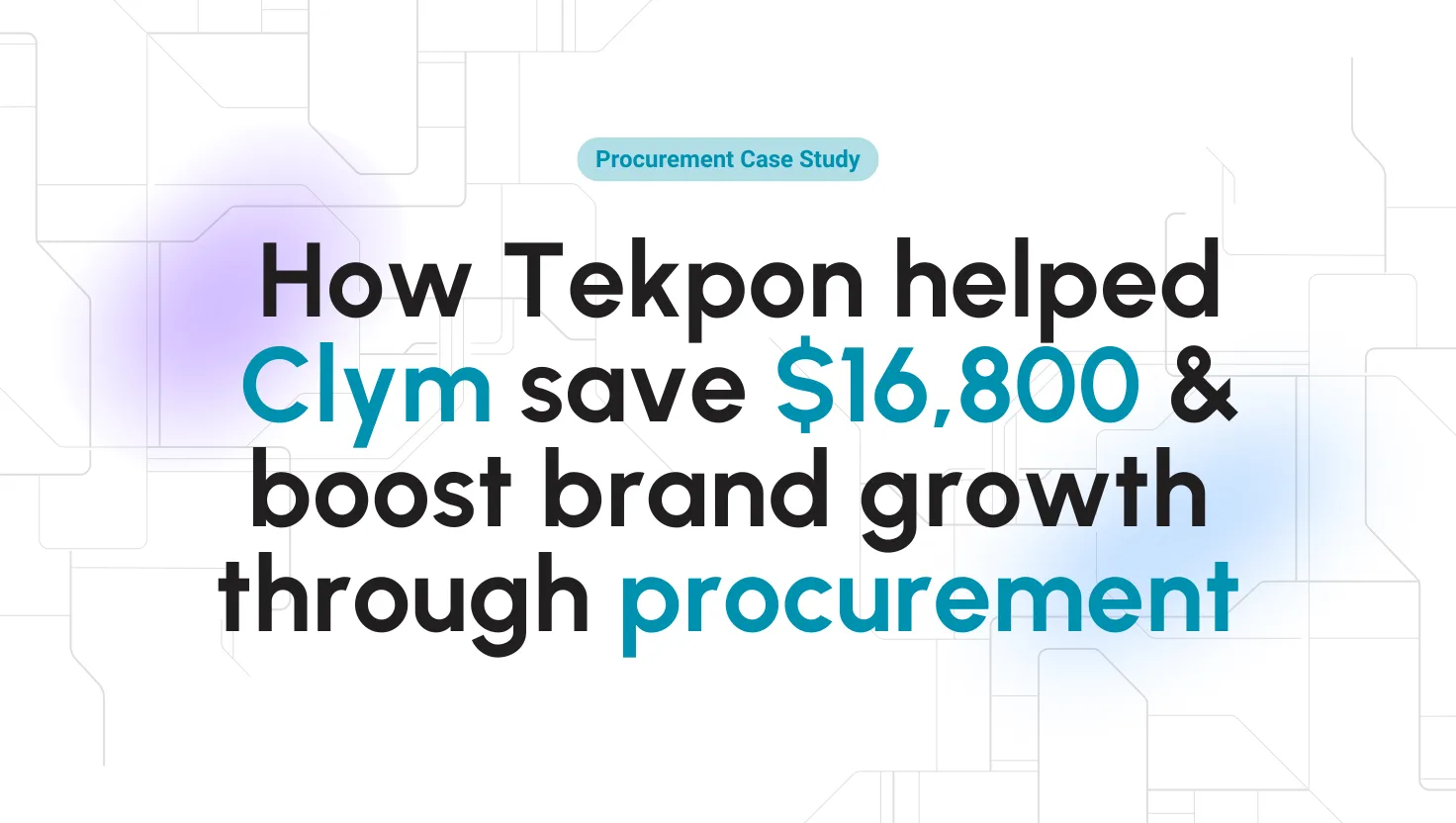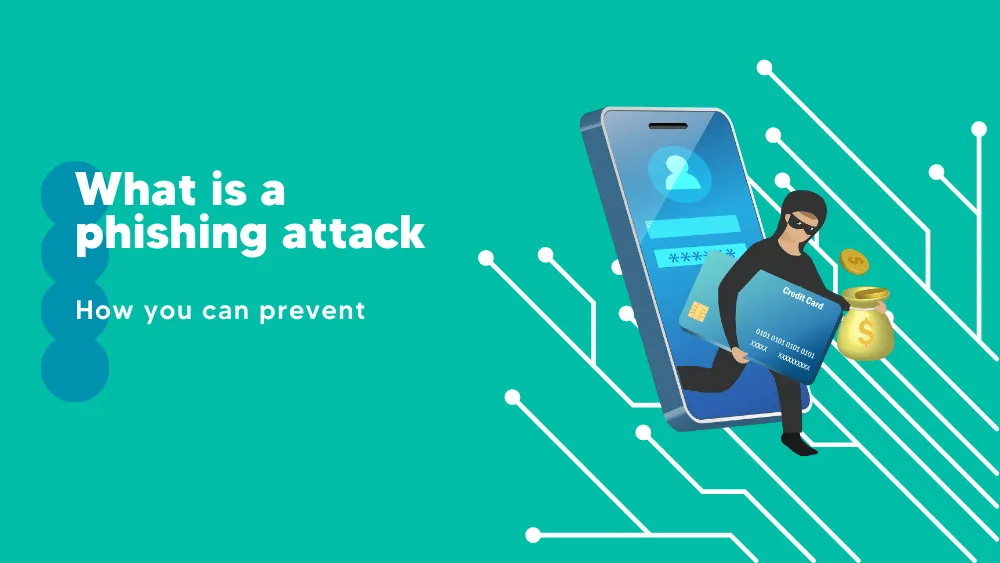
Kaspersky Antivirus Reviews for 2026
Save 40% on your SaaS stack with expert guidance
Free Consultation
What is Kaspersky?
Kaspersky’s software suite is a comprehensive cybersecurity solution designed to address a myriad of digital threats.
For home users, it offers robust protection against malware, ransomware, and phishing attacks. The software’s intuitive interface ensures easy navigation, even for those unfamiliar with cybersecurity tools.
For businesses, Kaspersky provides tiered solutions tailored to company size. Small businesses benefit from ‘install and forget’ protection, while medium to large enterprises receive advanced threat detection and response capabilities. Notably, their Hybrid Cloud Security offers next-generation protection for cloud-enabled infrastructures.
The software also integrates seamlessly with Microsoft Office 365, ensuring collaborative tools are safeguarded. Kaspersky’s software consistently receives accolades from industry experts, highlighting its efficacy.
In summary, Kaspersky’s software suite is a reliable, user-friendly, and advanced tool for ensuring digital safety.
Found in these Categories
Best For
- StartUps
- Freelancers
- Small Business
- Medium Business
- Large Enterprise
- Non-profit Organization
- Personal
Kaspersky Antivirus Pricing
Kaspersky Anti-Virus
Kaspersky Internet Security
Kaspersky Total Security
Looking to Save Time & Money
Audit, consolidate, and save—powered by our internal buying team. Let our experts analyze your current software stack and identify opportunities for cost savings and efficiency improvements.
- Stack Audit
- Cost Reduction
- Expert Team
Kaspersky Antivirus Features
- Automatic Updates
- Malware Detection
- Risk Alerts
- Threat Response
- VPN
- Web Control
- Anti-Phishing
- Performance Optimization
- Payment Protection
- Ad Blocker
- WebCam Protection
- Adult Content Blocker
- Screen-Time Management
- GPS Child-Locator
- Password Manager
Leave a Review
Kaspersky Antivirus Company Details
Company Name
Kaspersky Lab
Headquarters
Russia
Website
kaspersky.com
Own this Software?
Kaspersky Antivirus vs. Similar Products
Select up to 3 Software, to enable Comparison
Compare Selected SoftwareEditorial Review: Kaspersky Antivirus Deep Dive
Table of Contents
Kaspersky Antivirus is one of the well-known antivirus solutions. It provides you with top-tier malware and antivirus protection. Kaspersky also offers free antivirus through their Kaspersky Security cloud product. Besides security features such as phishing, data theft, and webcam audio protection, Kaspersky also has excellent privacy options such as Safe Money and the VPN solution.
The antivirus software is well-ranked and performed highly in third-party lab tests. Moreover, it also comes with ransomware protection and support for all the major platforms. Lastly, Kaspersky antivirus has better overall malware detection with the help of cloud-based machine learning detection.
About Kaspersky
Kaspersky is a popular endpoint cybersecurity solution managed and developed by Kaspersky Lab. Kaspersky Lab started working on cybersecurity products over two decades and now has a presence in more than 200 countries globally. They offer excellent endpoint solutions for homes and businesses via different product solutions.
Kaspersky is primarily popular for its antivirus solution, but they are also known for its other services and solutions. Their services are ideal for small businesses and homes. However, their recent focus on enterprises means they also support big enterprises with up to 1,000 employees.
Kaspersky also provides access to the anti-ransomware tool, which protects you against ransomware attacks. To do a full scan, you need to use an Antivirus solution. You can do a full scan or use the virus removal tool.
Kaspersky Internet Security
Kaspersky Internet Security is their premium product. It offers better online protection compared to only using the Kaspersky antivirus solution and free antivirus solution. The Internet Security package not only provides virus and malware protection but also ensures your online privacy.
The main objective of Kaspersky Internet Security is to ensure that you can safely browse online, do the shopping, and communicate with your colleagues, friends, and family without worrying about hackers. Also, it is available on different platforms such as Mac, PC, and Android and works across them.
With Kaspersky Internet Security, you get the following:
- Free VPN
- Webcam Protection
- Safe Money
The Free VPN is limited to 300 MB of traffic data per day. However, it is more than enough to visit blocked sites or access information by protecting the site. You also get access to Webcam protection, ensuring no one has unauthorized access to the system. In addition, safe Money works to protect your online transactions and payments.
Kaspersky Product
As mentioned above, Kaspersky provides endpoint security solutions for homes and businesses. To get a good idea, let’s go through the products offered by Kaspersky. The products that Kaspersky Lab offers include:
- Kaspersky Anti-virus solution: It offers an antivirus solution that protects you against malware and viruses.
- Kaspersky Internet Security: The internet security bundle offers better security and privacy options. You get access to free VPN, webcam protection, and Safe Web.
- Total Security: Total Security takes security and privacy to another level. Along with everything available in Internet Security, it also offers Kaspersky Password Manager Premium and Kaspersky Safe Kids Premium.
- Security Cloud Personal: The Kaspersky Security Cloud Personal provides cloud-based protection for your home and business. With it, you can ensure that your data doesn’t leak. Moreover, it also offers home Wi-Fi protection and a Hard Drive Health Monitor.
- VPN Secure Connection: With VPN Secure, you can enjoy your online internet access without worrying about ad trackers, hackers, and malicious actors. It provides complete privacy for governments and businesses. It also ensures that cybercriminals do not get access to your data. You can also gain access to different types of services that are generally blocked in your region.
- Password Manager: With a password manager, you can easily manage your passwords without remembering them. It stores your passwords securely in an encrypted format. Moreover, the password manager is efficient and will automatically fill in the login credentials or online forms when needed.
- Kaspersky Safe Kids: Kaspersky Safe Kids is designed to protect kids’ interests. With it, you can easily block harmful content from kids. Moreover, you can also set screen time limits and use GPS to track kids’ locations.
You are free to choose the product that best suits your needs. For example, businesses can opt for endpoint security products to protect them from data theft and other malicious actors.
Details of Kaspersky Features
In this section, we will look closely at Kaspersky Antivirus features. Kaspersky is a top-rated endpoint cybersecurity company. Antivirus is one of their main products designed for various users, including home, business, and services. Let’s go through Kaspersky’s Antivirus features one by one.
Antivirus Engine and Real-time Protection
Out of the box, you get access to the Antivirus engine. The engine is responsible for ensuring that your machine stays free from any malware infection. It works in tandem with the virus database and the cloud-based learning machine. The virus scanner works in real time to detect malicious files, programs, or actors in your machine. It instantly connects with the cloud-based scanner to do more analysis if it detects anything.
The Kaspersky cloud-based scanner utilizes machine learning, making it more reliable when it comes to detecting malware. This means you get a mixed approach of machine learning and signature to identify malware. The mixed approach is very common in the industry; however, the effectiveness of machine learning is what determines how better malware detection is. In the case of Kaspersky, it is pretty good!
Different Scan Types
Apart from the real-time pro-active scanning, you also get access to different virus scans. These include the following:
- Quick Scan
- Selective Scan
- Full Scan
- Vulnerability scan
- Removable drive scan
There are different types of virus scans that you can perform on your system. If you want to quickly scan the most important areas, you can use the Quick Scan, which scans system memory files, startup files, and boot sectors. For a more thorough scan, you can do the Full Scan, which examines every file on your system. If you want to scan a particular folder, file, or drive, you can use the Selective Scan.
Additionally, there are two other types of scans available: vulnerability scans that search for vulnerabilities in the system, and removable drive scans that look for viruses on removable drives.
Scan Scheduling
You can also do scan scheduling with Kaspersky. It is not always possible to keep a tab on your scans. Even though real-time scanning runs in the background, it is always a good idea to do full scans on a particular schedule. Kaspersky makes it easy for you to schedule as it gives you plenty of options to do so. For example, you can schedule it when an application starts or at a preferred time.
You can also schedule the Scan after an update takes place!
Scan Speed
Kaspersky Quick scan is fairly fast. However, it may be slightly slower compared to its competitors. It can take two to three minutes to complete the Scan, depending on your system specs. But what about Full Scan? Again, the total time to complete a Full Scan depends on the number of files, their types, and your hard disk speed. In general, a full scan can take 45 minutes to 1 hour.
Security And Privacy Features
Kaspersky provides excellent security and privacy features. Security features allow you to access browser extensions for popular web browsers, including Edge, Firefox, and Chrome. The browser extensions are crucial in protecting your web experience as they protect you from pop-up ads, phishing attempts, and data theft.
Another important element of Kaspersky is its two-way firewall. The firewall is included within the Kaspersky Total Security and Kaspersky Internet Security. The firewall automatically protects your data; however, you can also customize it by allowing new rules. For example, people can also secure webcam audio. However, webcam audio protection is not enabled by default, and you need to enable it by going to the control panel.
Next, we have Safe Money, which opens your finance-related pages in a more secure browser. The Safe Money feature is available in Total Security and Internet Security. Safe Money is crucial in security as it provides HTTPS encryption and a virtual keyboard.
You also get access to Password Manager if you opt for Kaspersky Total Security. It lets you conveniently save passwords and fill out online forms when needed. Lastly, you also get access to Safe Kids parental controls in the Total Security package, which lets you manage your child’s screen time and ensure that they do not access sites that are not right for them.
Apart from that, the following programs come with other Kaspersky bundles:
- Clean and optimize features to fine-tune your PC.
- For example, the file shredder feature lets you remove files permanently.
- The Kaspersky backup and restore feature let you backup your documents
- Use Smart VPN to connect to online services and platforms securely
- The Adblocker blocks pop-ups
Installation, Ease of Use, and Interface
Installing Kaspersky is easy and intuitive. It generally takes a few minutes for the installation to complete. Once installed, you are greeted with a clean interface. The interface has not been changed since the year 2020. You get access to eight boxes from the box where each box contains important functionality or information. For example, you get scans, database updates, safe Money, privacy protection, and password manager boxes.
However, the simple interface doesn’t lead to simple usage. Many functions can be done in different ways, which can confuse the user. Running scans is easy. You can set the severity of the check and then run the Scan right away or schedule it for later. Moreover, you can also set up your Kaspersky account with two-factor authentication for better protection.
In short, Kaspersky is easy to use as it comes with a modern display. However, there are still some improvements left.
Safe Money
Safe Money aims to protect your online financial adventures. It does it by ensuring that your online identity is safe, along with sensitive information. But how does it achieve it? Kaspersky does it by opening a separate web browser that is more secure compared to the traditional browser. The browser has the right tools to check whether the payment page is secure and trusted.
Kaspersky web protection surrounds Safe Money. You must use the Kaspersky Protection browser to take advantage of Safe Money. Also, the virtual keyboard works with Safe Money as well.
Web Protection
Kaspersky web protection features are excellent! It comes with the following set of web protection features:
- Anti-tracking feature
- Virtual Keyboard
- Multi-layered web protection
Kaspersky offers excellent web protection. However, it would be best if you used their Kaspersky Protection browser extension to use it effectively. The browser extension is capable of blocking malicious phishing URLs. It does it by comparing the site to the malicious web address database. If anything wrong comes up, it tells you about the issue and protects you by stopping you from going to the site. However, you are free to proceed if the site is safe.
The anti-tracking feature can protect your online presence from ad agencies, web analytics, and social networks. The anti-tracking feature is completely customizable, and you can always allow sites to track or collect data from you. However, the initial setup of the Kaspersky anti-tracking feature is not impressive. By default, Kaspersky doesn’t block its partners when you track and collect data. Also, they do not ask their users before allowing their partners to track the users.
You also get a virtual keyboard at your disposal. However, to use it, you need to install their browser extension. The virtual keyboard is extremely useful when working on your finances. It works great with Safe Money. So, when you visit a finance website, you can opt to open it in Safe Money and then use the virtual keyboard to type your credentials. It protects you from keyloggers and also from spying.
Alternatives to Kaspersky Antivirus
Kaspersky has many competitors. This is good news for you as it means you now have many alternatives to choose from. This section will look closely at Kaspersky competitors and alternatives.
-
McAfee
McAfee is one of the oldest antivirus solutions in the market. Just like Kaspersky, they also offer a rich ecosystem of protection solutions, including Total protection, VPN, Antivirus, and more. You can also choose a family plan if you want to protect more than one device. Key McAfee features include password manager, home network security, performance optimization, and safe web browsing.
-
Bitdefender
Bitdefender is the leading cybersecurity expert in the market. They offer excellent endpoint solutions for homes, businesses, partners, and providers. If you are looking for an antivirus, you can use their free Antivirus. However, the major bundles, including Bitdefender Premium Security and Total Security, provide better protection when browsing the internet. They also offer Antivirus Plus, which provides a more fine-tuned protection than their free Antivirus solution.
-
AVG Antivirus
AVG Antivirus is a famous free Antivirus solution on the market. Like other Antivirus solutions, AVG Antivirus also protects you from hackers and viruses. The basic free version is more than enough to handle your protection needs. However, if you want complete protection, AVG offers AVG Internet Security. AVG also has excellent labs score, including hands-on tests. It is a great antivirus solution but has performance issues and slightly slower scans.
-
Avast
Avast is also a free antivirus option. It is a very old company as it started in 1988However, with over 435 million active users, it covers a major chunk of the market share. Moreover, Avast’s pricing starts from $34.99 per year for one device. It supports major platforms, including iOS, Android, Mac, Linux, and Windows. But what about the features? It comes with plenty of useful features. In terms of security, Avast also ranks high in independent lab tests.
Moreover, it is easy to use. Avast’s biggest disadvantage is its pricing model, as you need to pay quite a bit to access features. This also shows in their business plans.
-
Quick Heal
Quick Heal provides a robust protection solution. It protects your PC against spyware, malware, viruses, and financial theft. Moreover, it also comes with parental control function designed for families. Quick Heal does perform well in tests and real-world. It also comes with the Advance DNAScan tool, which protects you from unsafe programs. Apart from that, it also utilizes signatures and behaviors to detect and neutralize viruses and malware. The key Quick Heal features include an automatic scan scheduler, parental control system, and anti-keylogger tool. It uses a freemium model.
-
ESET Smart Security Nod32
Nod32 is an excellent antivirus solution provider. They offer their antivirus solution for Windows, Mac, iOS, Android, and Linux. The ESET Smart Security Nod32 protects you from malware, viruses, ransomware, and spyware. It also offers a pleasing user interface that is easy to use. Apart from that, it also lets you shop freely without worrying about hackers.
Kaspersky vs. Bitdefender
Bitdefender is one of the best on the Kaspersky alternatives list. When it comes to Kaspersky and Bitdefender, which one is better? Let’s find out. First, we take a look at malware detection. Both Kaspersky and Bitdefender offer excellent malware detection. This is apparent from independent lab tests where Bitdefender and Kaspersky scored 100% detection rates in the AV-Test. Both excelled well in the AV-Comparatives tests, where Kaspersky detected 99.2% of malware, whereas Bitdefender detected 99.7%. Both offer excellent malware and virus protection, but Kaspersky wins if you want to choose a winner.
As for installation and ease of use, both provide similar experiences. During installation, Kaspersky and Bitdefender create a rescue disk/environment. It takes around 5 minutes for the installation to complete. Once installation is done, you are presented with a clean user interface where you get the latest status of your system and the ability to scan the system.
Another factor you need to check before picking is the system performance impact. Both of them don’t have that impact on system performance. However, if you compare both, Kaspersky seems to have a lesser impact on the performance.
Lastly, we compare prices. Bitdefender pricing starts at $19.99 for a PC (one license). On the other hand, Kaspersky’s pricing starts at $39.99 for three licenses. So, which one should you use? If you are looking for value, then Bitdefender is a good choice. On the other hand, Kaspersky provides an overall better malware detection with less performance impact.
Is Bitdefender better than Kaspersky?
No! In our comparison above, we pointed out how Kaspersky can provide better protection. Kaspersky has less performance impact, making it an ideal pick for machines with limited resources. However, you cannot go wrong with Bitdefender as well.
What other antivirus tools would you add to the Kaspersky Alternatives list?
Kaspersky Review Conclusions
Kaspersky endpoint security solutions provide excellent protection against hackers and malicious actors. It protects you against viruses, malware, data theft, ransomware attacks, DDoS attacks, and anything harmful to your computer or network infrastructure. The Kaspersky Anti-Virus solution is perfect for home users, with bundled solutions to provide better protection for homes and businesses.
Kaspersky’s high performance in independent testing and the ability to perform well without impacting the system performance is welcome for everyone. In addition, the pricing is well done and reasonable enough for long-term users.
We recommend Kaspersky for its ability to block malware from your computer without impacting system performance.



